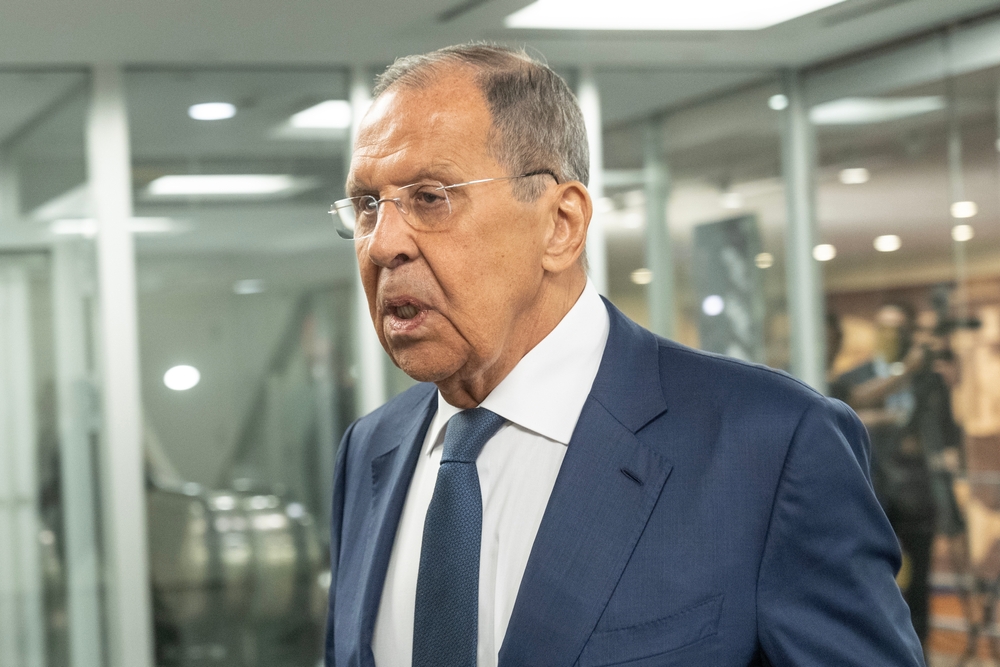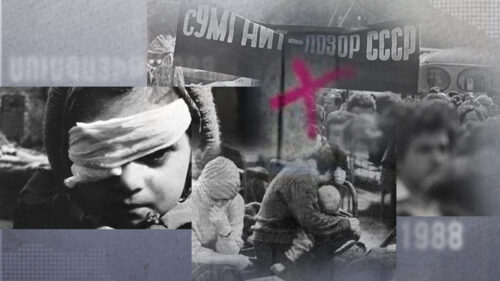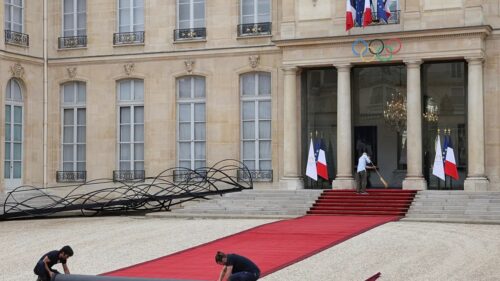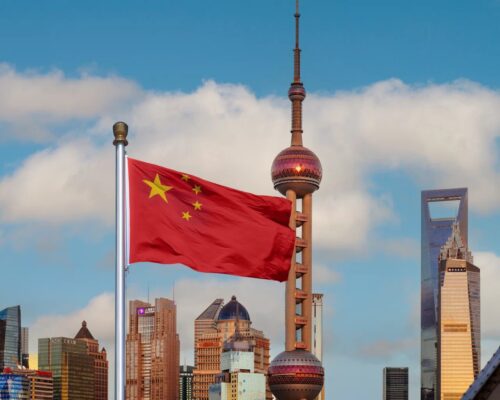
The prize in the South Caucasus for all regional and international actors is the unblocking of all trade and transit routes, says OBCT
In recent months, Armenian Prime Minister Nikol Pashinyan has started to tone down his rhetoric on Russia, especially since the return of U.S. President Donald Trump to the White House. If the calculus had been that following the Russian invasion of Ukraine in February 2022 Moscow would be too distracted and militarily weakened to pay sufficient attention to its near abroad in the South Caucasus, that has now changed, Osservatorio Balcani e Caucaso Transeuropa writes.
As noted, despite the hope to pivot Armenia’s foreign and economic policy towards the West, including an unlikely proclamation that it would one day join the European Union, it now appears that the Armenian government is adopting a more pragmatic course of action – diversifying its options rather than replacing them. Armenia relies heavily on Russia for trade and also heavily discounted energy for decades to come.
Nonetheless, despite the apparent thaw, Russia continues to push back against a more assertive European Union role in the region while also attempting to restore its strategic influence in Armenia as a still elusive peace agreement between Armenia and Azerbaijan remains at least still possible in 2026 or most likely 2027.
“The prize here for all regional and international actors is the eventual unblocking of all trade and transit routes in the region, many of which collapsed because of the Karabakh conflict. The European Union, as well as the United States under the former Biden administration, has even made it clear that it seeks to expand transit through Turkey, Armenia, and Azerbaijan to gradually lessen Russia’s influence in Central Asia,” the website writes.
The website notes that the matter is especially sensitive for Pashinyan given that he faces re-election in mid-2026 with few of his campaign promises from the previous 2021 election fulfilled.
During recent local elections held in March in the country’s second largest city of Gyumri, a controversial pro-Russian former head returned to power with the support of various opposition group whose only aim was to prevent Pashinyan’s candidate from retaining control over the municipality. Even an ostensibly pro-Pashinyan and pro-Western alliance of extra-parliamentary parties failed to pass the six percent threshold for representation.
Later, on 22 May, when the government signaled that it did not plan to leave the Russian-led Eurasian Economic Union (EAEU), one of the pro-EU alliance’s leaders accused Pashinyan of halting the claimed process only in order not to lose votes in next year’s elections.
Though the text of the peace treaty between Armenia and Azerbaijan was finalized in March, it is unclear when it will be signed given Baku’s insistence that Yerevan first change its constitution. Until then, progress on the related normalisation of relations between Armenia and Turkey has stumbled. The normalization of Armenia’s relations with Azerbaijan and Turkey was high on the agenda for Lavrov’s visit to Yerevan when he again highlighted the importance of the nascent 3+3 platform in which the region focuses on its own stability, security, and future.



